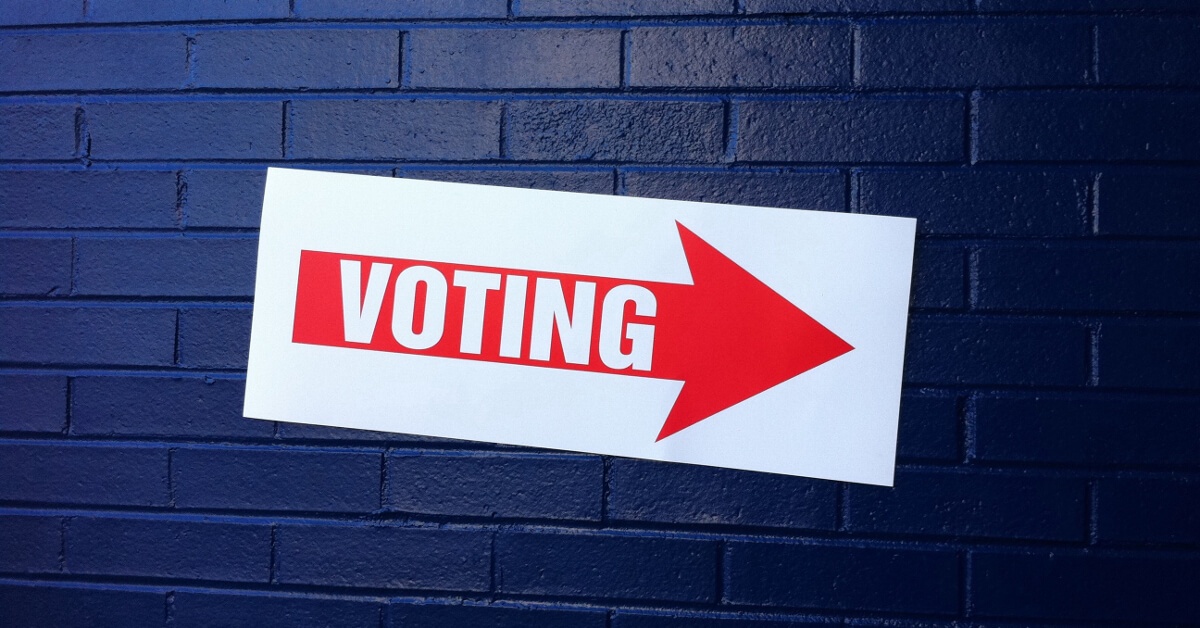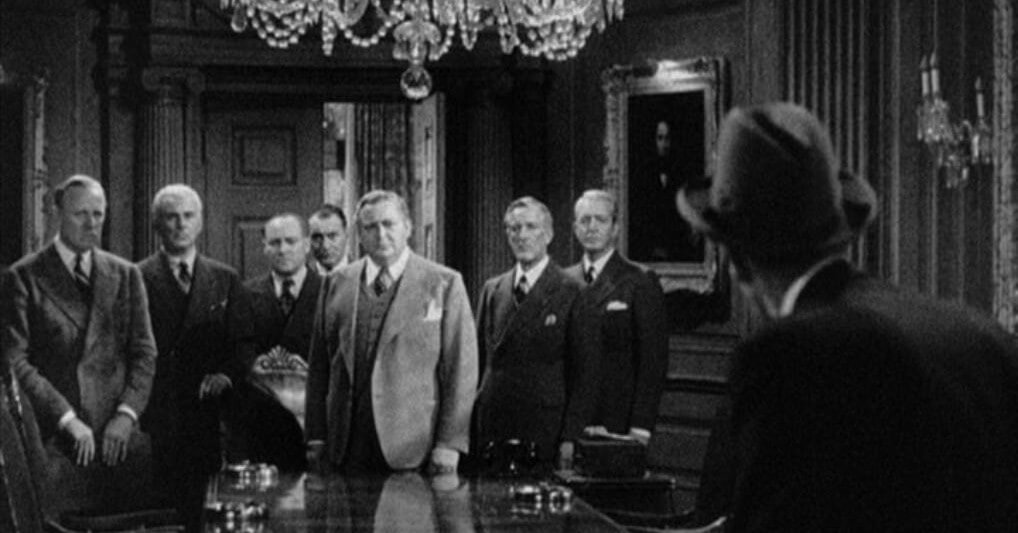Today’s video is a companion to last week’s, taking another look at the Jehovah’s Witness view of Jesus as merely an exalted angel. I explain a second argument for the divinity of Christ, based on the New Testament assertion that he received worship. The Answers for Ambassadors podcast is the first of a few episodes which will consider Richard Dawkins’ arguments against the trustworthiness of the Bible, and the links of the week include an excellent response to Jen Hatmaker’s comments on LGBT relationships, a look at the historical illiteracy of American college students, thoughts on the age gap in evangelical support for Trump, and some helpful information about the conflict over the Dakota Access pipeline.
(If you receive these posts by email and aren’t seeing the video and podcast, just click the “Thursday Roundup” title to view the original post on my site.)
“We discover a striking proof of the Divine inspiration of the Scriptures. In the Bible human nature is painted in its true colors: the characters of its heroes are faithfully depicted, the sins of its most prominent personages are frankly recorded. It is human to err, but it is also human to conceal the blemishes of those we admire. Had the Bible been a human production, had it been written by uninspired historians, the defects of its leading characters would have been ignored, or if recorded at all, an attempt at extenuation would have been made.”
~ A.W. Pink





